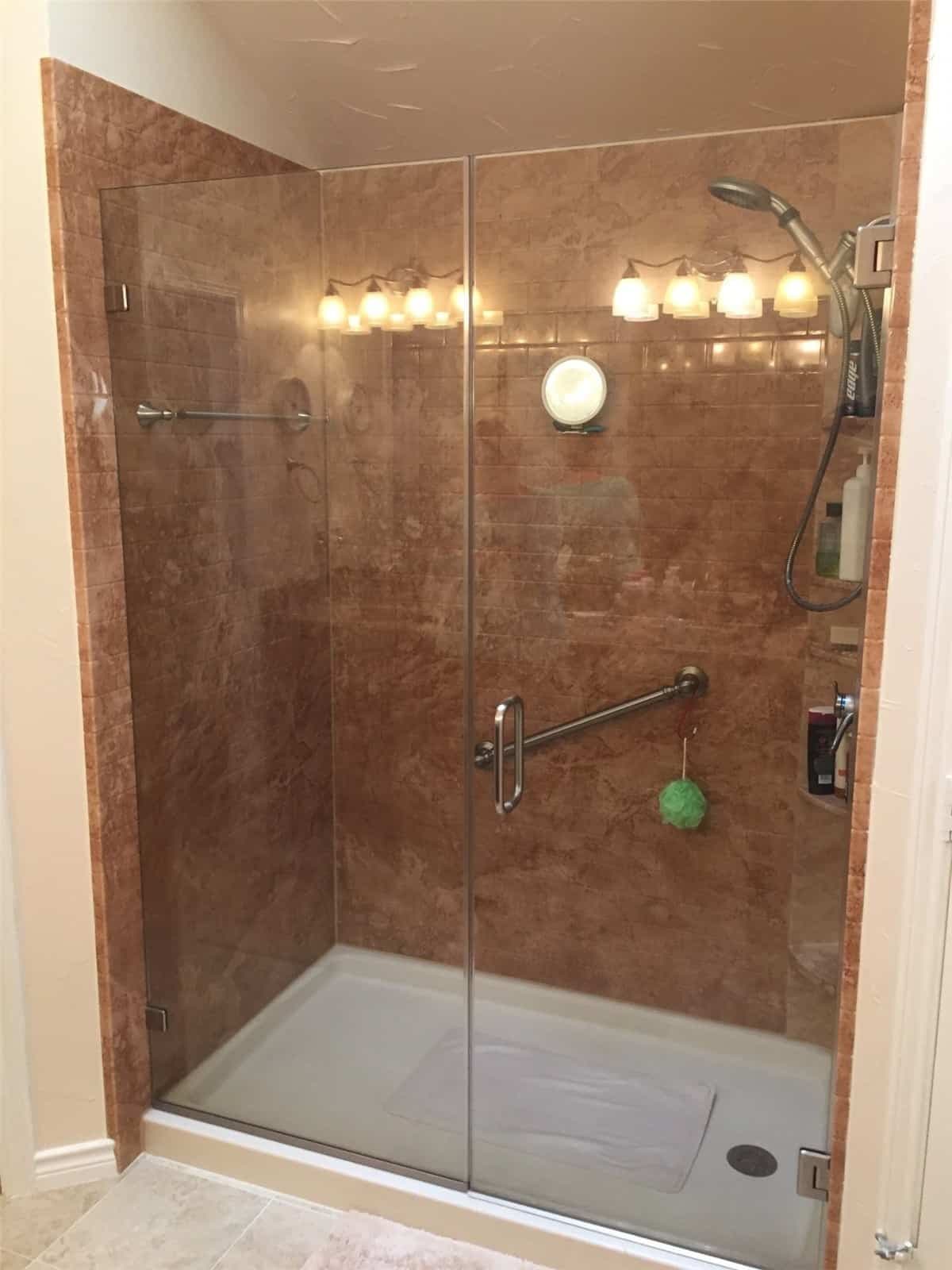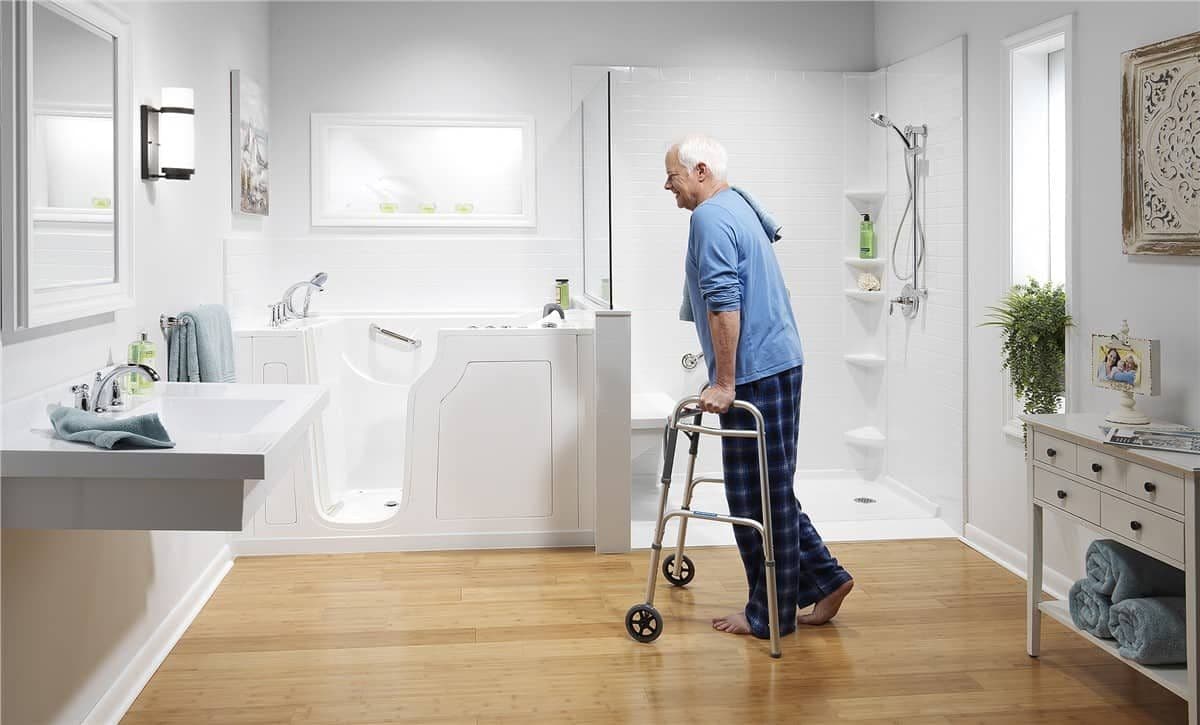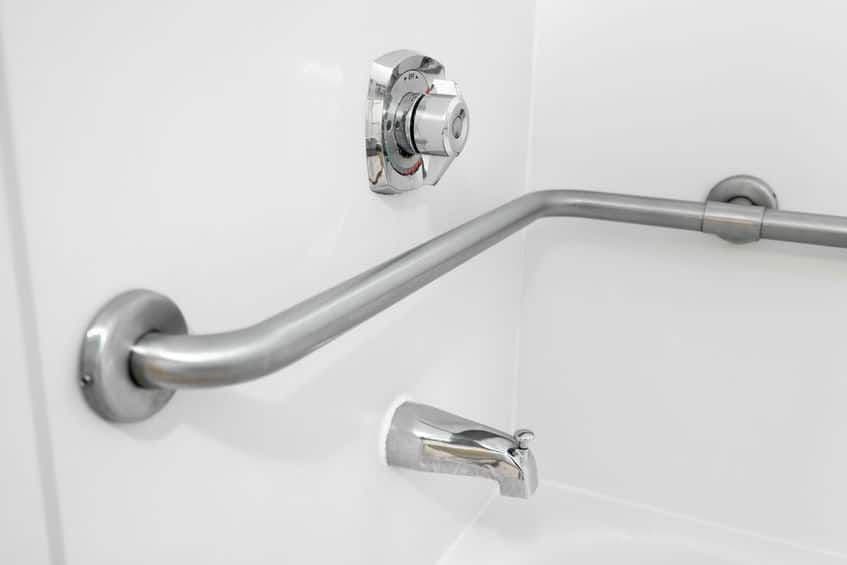
5 Reasons to Consider Your Age and Agility When Replacing Your Bathtub
Daily activities and simple chores such as bathing often become a challenge as you age because of decreased agility and physical strength. Fixtures and fittings that not originally designed with longevity in mind can compromise your safety and maneuverability in the bathroom. Slippery surfaces such as the bottom and sides of a standard bathtub pose a high risk of injury for the elderly and people with limited mobility.
Many manufacturing companies have come up with unique bathtub designs that offer a sense of comfort and safety for people receiving in-home senior care or older adults who live alone. Several factors need consideration when replacing your bathtub. In this article, we will be discussing five reasons why you should consider your age and agility when replacing your bathtub.
- Mobility and Flexibility
- Impaired Vision
- Height Adjustments
- Ease Pain and Discomfort
- Peace of Mind
Safety in the bathroom is a major concern for the elderly and people with limited mobility. Climbing into or out the bathtub is a challenge because the hard surfaces and slippery conditions of the bathroom increase the risk of falls and fatal injuries. A walk-in tub and shower combination are considered safe and therapeutic for individuals who have difficulties getting into and out of a standard bathtub. Other seniors or individuals who can only move on wheelchairs may opt for walk-in showers because they are free of any doors that may act as a barrier. You can walk in to take a bath unassisted because the bathtub setup comes with additional features such as textured floors, heated seating, built-in safety grip handles and hand-held shower sprayers.
It is perfectly normal for our eyes to exhibit some changes as we age, which is common among seniors. Cataracts and presbyopia are some of the age-related conditions that affect the eyes and can always be corrected using a pair of eyeglasses or refractive lens exchange in case of advanced conditions. When replacing your bathtub, it is important to provide ample lighting to illuminate darker corners and other areas in the bathroom. Poor visibility is caused by poor lighting, which can result in sudden falls.
A bathtub replacement is necessary when height becomes a problem, especially for people moving on wheelchairs. A walk in tub and shower combination consider height adjustments by making everything accessible to the user. The sink, faucets, and hand-held sprayers are all designed with ease of access in mind to allow easier usage by both standing and seated users. You do not have to stretch over long heights or distances to access soap and other bathroom items because they are within reach.
The elderly may suffer from chronic illnesses such as arthritis, which is mostly associated with old age. It is important to factor in joint pains and other old-age related diseases when replacing your new bathtub to ease pain and discomfort. A walk-in bathtub serves as an effective remedy for people suffering from arthritis, as it helps relieve pressure from the joints. It promotes repair of the affected tissues and allows decompression of the cartilage. A walk-in bathtub has soothing and therapeutic water that delays further damage to sensitive joints and restores strength. You benefit from greater immersion since walk-in tubs are designed to hold a larger capacity of water than a standard bathtub. This promotes improved sleep and reduction in blood-sugar levels for people with diabetes.
Replacing your bathtub for accessibility can increase your inner peace, as it eases your pain and discomfort. A walk-in tub improves your level of confidence because you can access it easily without the vulnerability of exposure or fear of falling. Non-slip grab bars, heated seats, and textured tub floors increase your level of comfort and give a greater sense of safety when bathing with the help of a caregiver or independently. Taking a warm bath before going to bed promotes better sleep, as it prepares your body for better relaxation.
The ability to balance when bathing or taking a shower is significantly reduced as people age. Installing support aids and incorporating accessible features in the bathroom provides ease of access to the elderly and people with mobility issues. It is important to consider your age and agility when replacing your bathtub to accommodate both standing and seated users. Although most accidents in the bathroom are caused by hard surfaces and slippery edges of the bathtub, it is also a good idea to make accessibility modifications in other parts of your home as well.
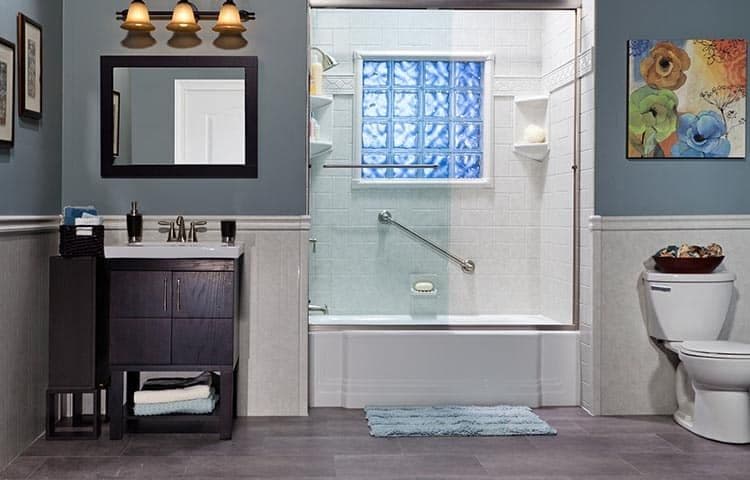
July 4th Savings Event!
$1,500 Off + a FREE Shower Seat (Worth $500!)
+ No Money Down, No Interest, NO PAYMENTS UNTIL 2027!

18 Months
No Interest, No Payment
Bathroom Pros New Jersey
5-Star Reputation
Our customers rate us 5 out of 5 on Google, and more.
Stress-Free Process
Start to finish, you’re in for a pleasant experience.
Special Financing
Payments starting as low as $1.80 per day.

July 4th Savings Event!
$1,500 Off + a FREE Shower Seat (Worth $500!)
+ No Money Down, No Interest, NO PAYMENTS UNTIL 2027!
Contact Us
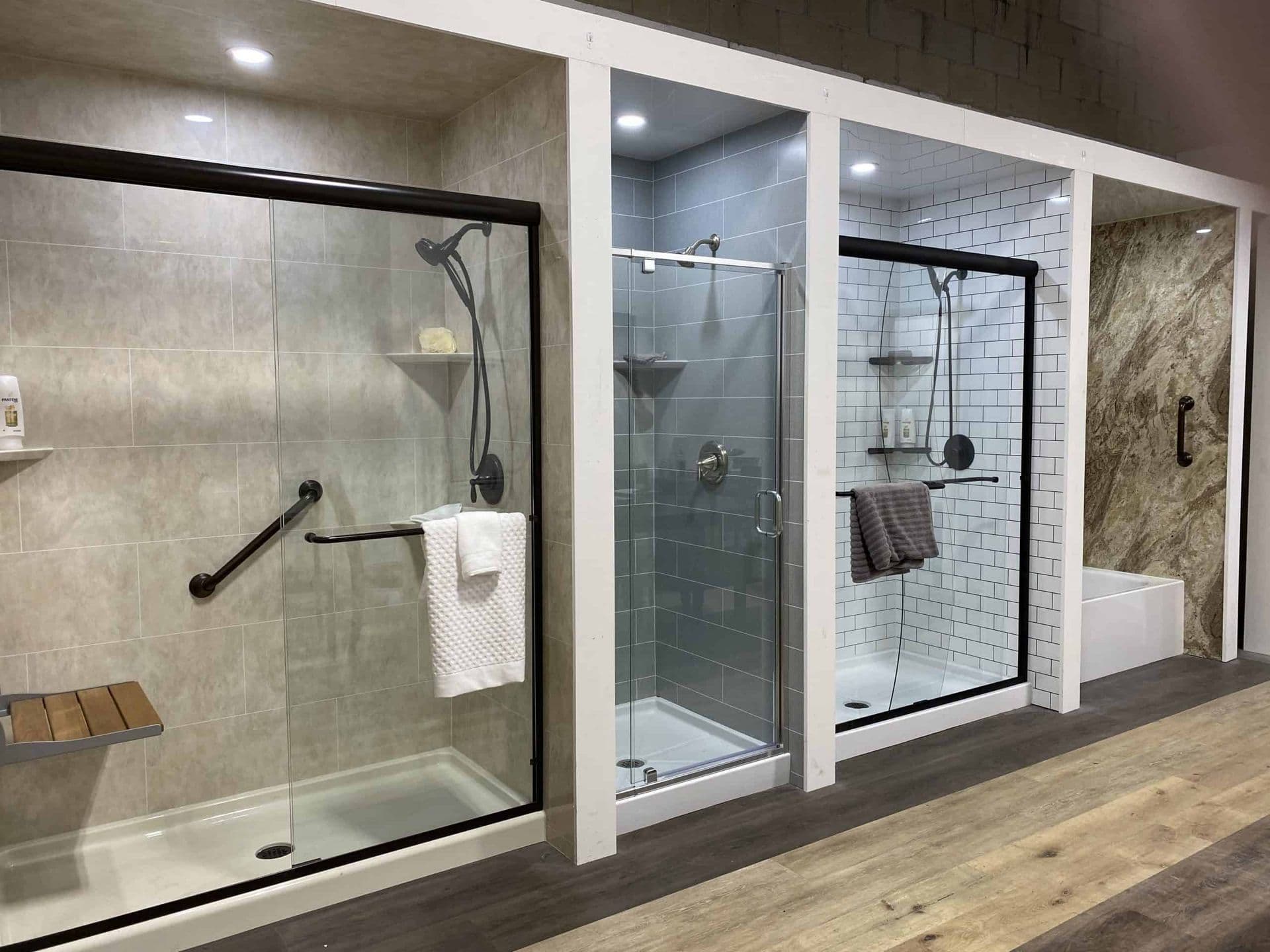
Mon-Fri: 9AM-5PM
Sat: 10AM-3PM
Sun: Closed

